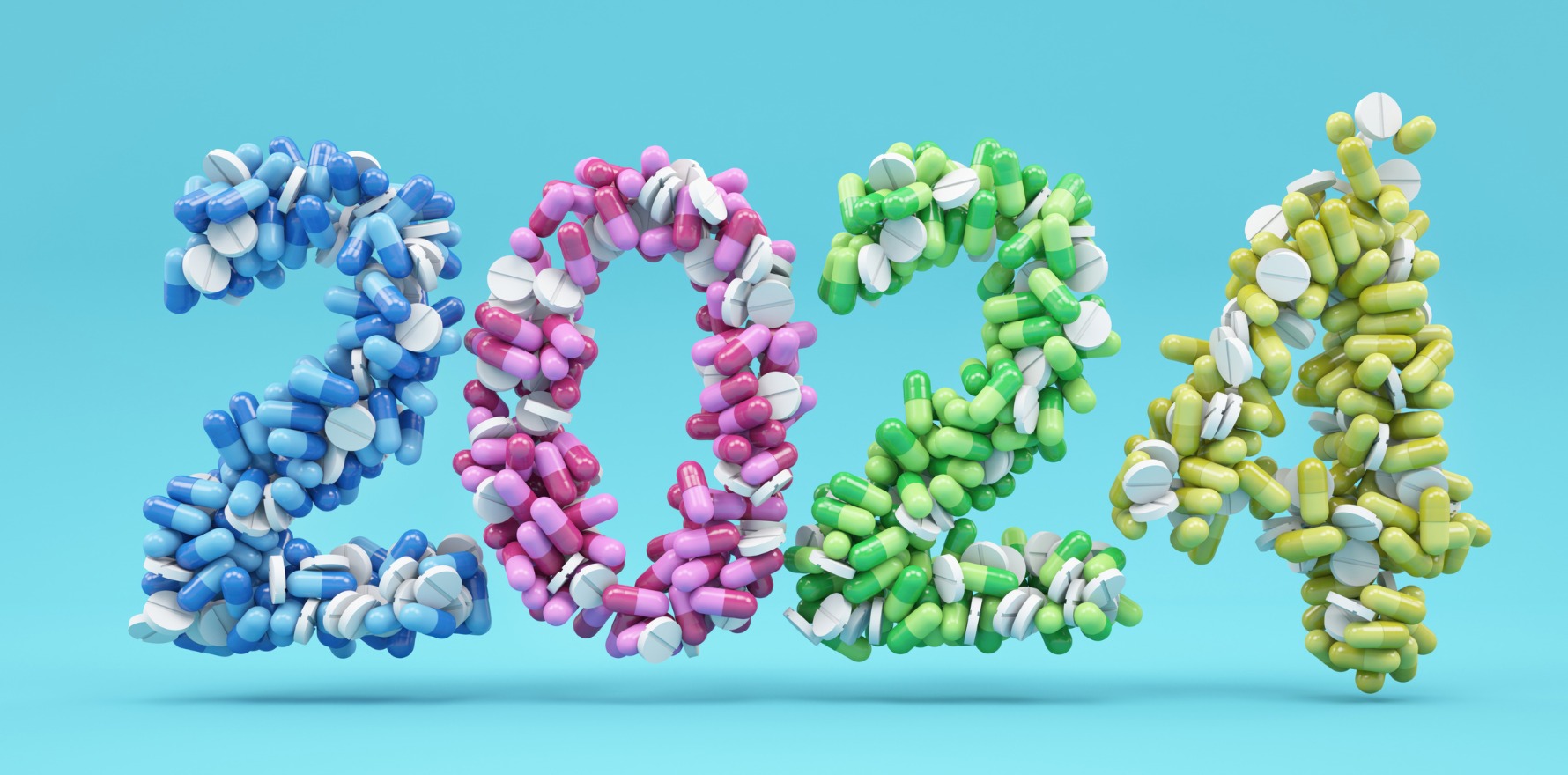The TGA has temporarily listed an overseas brand on the PBS in a move that will give prescribers more options.
The TGA has moved to provide some relief for patients struggling to access their medication due to the national shortage of fluoxetine tablets (Zactin Tabs, Alphapharm).
Today the regulator announced it would be temporarily listing an alternative overseas brand on the PBS. Fluoxetine has indications to treat major depression, obsessive-compulsive disorder and premenstrual dysphoric disorder.
The Medreich brand of fluoxetine was registered in the UK, the TGA said in a statement.
“Given the limited supply of fluoxetine 10mg capsules, it will be listed as a PBS restricted benefit with the clinical criteria that it be prescribed only to patients who require the 10mg dose either for their treatment regimen or to achieve their total recommended dose,” said the statement.
The TGA’s advice for prescribers from 1 February 2024 is as follows:
- To receive fluoxetine 10mg capsules as a PBS benefit, patients must be issued a new prescription dated on or after the PBS listing date of 1 February 2024.
- The listing has PBS restriction criteria: “Patient must be receiving this drug under this restriction at a dose of 10mg or the patient must be receiving this drug under this restriction where a 10mg strength is required to administer the total dose”.
- Due to limited supply of fluoxetine 10mg capsules, consider writing separate prescriptions for fluoxetine 10mg and fluoxetine 20mg for patients requiring multiples of 10mg dose. There are PBS subsidy arrangements for 20mg dispersible tablets (Zactin Tabs) under the Serious Scarcity Substitution Instrument (SSSI) which will allow pharmacists to dispense the 20mg and 10mg capsule alternatives as needed without first being approved by the prescriber.
- Provided specific conditions in the SSSI are met, the 10mg capsule can be dispensed for patients taking a dose of 10mg or a dose where a 10mg strength is required to administer the total dose.
- Repeat prescriptions are permitted at a maximum of five repeats.
Related
The TGA also recommended prescribers “keep in mind that there is a shortage of Zactin Tabs when prescribing to patients, particularly when starting new patients on the medicine”.
While the current shortage was expected to end by 29 February, the TGA warned that this date may change. It has set up a webpage dedicated to the Zactin Tabs shortage which provides advice for prescribers, pharmacists, patients and carers.
The shortage has been blamed on the possible presence of an impurity – N-nitrosofluoxetine – in the tablets, reported by the manufacturer.
“N-nitrosofluoxetine is a type of nitrosamine that is present as an impurity. Nitrosamines are a group of compounds which can damage DNA. They are commonly found in low levels in a variety of foods, including smoked and cured meats, dairy products, vegetables, in some drinking water, and in air pollution. Long-term exposure, over years, can increase an individual’s risk of developing cancer,” the TGA said in its safety advisory.
“The additional risk that would be posed by the trace levels of N-nitrosofluoxetine being detected in fluoxetine is likely to be very low. However, the presence of nitrosamine impurities is generally considered unacceptable for a medicine. The actual health risk depends on the medicine and dose taken and will vary from person to person.
“There is no immediate health risk from this issue as the risks are associated with long-term use.”
The TGA said it had “determined that the risk of exposure to N-nitrosofluoxetine poses a lower risk when compared to the risks of not taking fluoxetine as prescribed”.
“The impurity N-nitrosofluoxetine may be present at very low levels in fluoxetine capsule products supplied in Australia,” it said in its safety advisory.
“However, there is no reason to stop prescribing fluoxetine capsules as the benefits continue to far outweigh the risk posed by the impurity.”
According to the TGA’s Medicine Shortage Reports Database today, there were 435 medicines in shortage, with another 61 anticipated. The database also listed another 41 medicines it described as being in “critical shortage”, with another eight anticipated.





